Aid group MSF issues urgent appeal for quake-hit Syria
Doctors Without Borders (MSF) has called for an immediate scale-up of humanitarian aid to northwest Syria, following the devastating earthquake that hit the Arab country on February 6.
The Geneva-based humanitarian non-governmental organization made the appeal on Sunday, as the death toll from the 7.8-magnitude earthquake that struck Turkey and Syria on February 6 has crossed 46,000.
"An urgent increase in the volume of supplies is needed to match the scale of the humanitarian crisis," MSF said, adding that supplies "currently fail to even match pre-earthquake volumes."
Hakim Khaldi, MSF's head of mission in Syria, also said, “Aid is trickling in negligible amounts for the moment." He said the charity group has emptied its emergency stocks in three days.
MSF has delivered a convoy of 14 trucks laden with emergency assistance, including tents and winter kits, to Syria. The convoy has arrived through the al-Hammam crossing in the e northwestern Syrian district of Afrin.
"The delivery was arranged outside of the United Nations cross-border humanitarian mechanism," the aid group said.
MSF also said that “according to UN data, five days after the earthquake, only 10 trucks had entered" militant-held areas of Syria through the Bab al-Hawa Border Crossing from Turkey.
"In the 10 days following the earthquake, the number of trucks that crossed the border into northwest Syria was lower than the average weekly number for 2022," it said.
The Bab al-Hawa Border Crossing, which is located on the Syria-Turkey border, is currently the only way UN aid can reach civilians in war-torn Syria.
On Monday, Syrian President Bashar al-Assad decided to open two more crossing points on the Turkish border to allow more aid into the earthquake-stricken regions northwest of the country.
Since the quake, the UN has sent more than 170 aid trucks to northwest Syria.
The UN says an anti-government group that has been designated as a terrorist group by the international community is preventing aid consignments from being delivered to the earthquake-stricken areas in the northern part of Syria.
Syria is under severe international sanctions.
As rescue efforts continue in the war-torn Syria following massive earthquakes there, calls are growing for the US and its allies to remove their sanctions, which are hampering international aid efforts in the country.
Syria has been a target of US sanctions since 1979. Since the start of the crisis in 2011, the US and its Western allies have dramatically tightened their economic sanctions and restrictions on the Arab country.
The US sanctions intensified with the passing of the Caesar Act in 2019, which targeted any individual and business that participated in reconstruction efforts in Syria either directly or indirectly.
Yemen crashes missiles, drones into American, Israeli targets
Iran’s former pres.’s martyrdom date registered in natl. calendar
Israeli prosecutor admits still can’t find October 7 'rape' victims
Qassam Brigades warns Israel will pay ‘in blood’ for its aggression
Yemeni security forces dismantle Saudi, British espionage network
VIDEO | Press TV's news headlines
Canada's PM Trudeau resigns, suspends parliament till March
France's former president Sarkozy on trial over 'Libyan case'


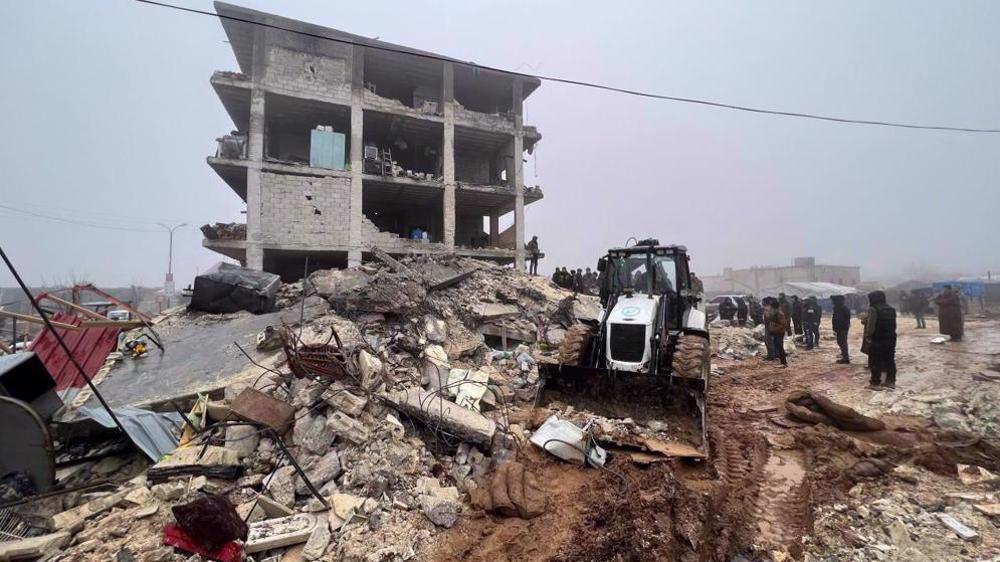
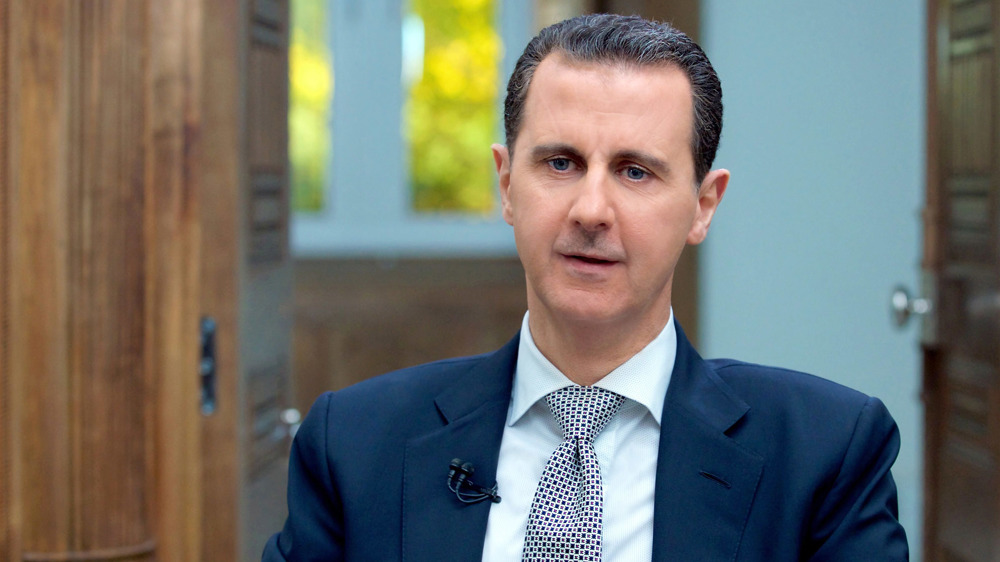
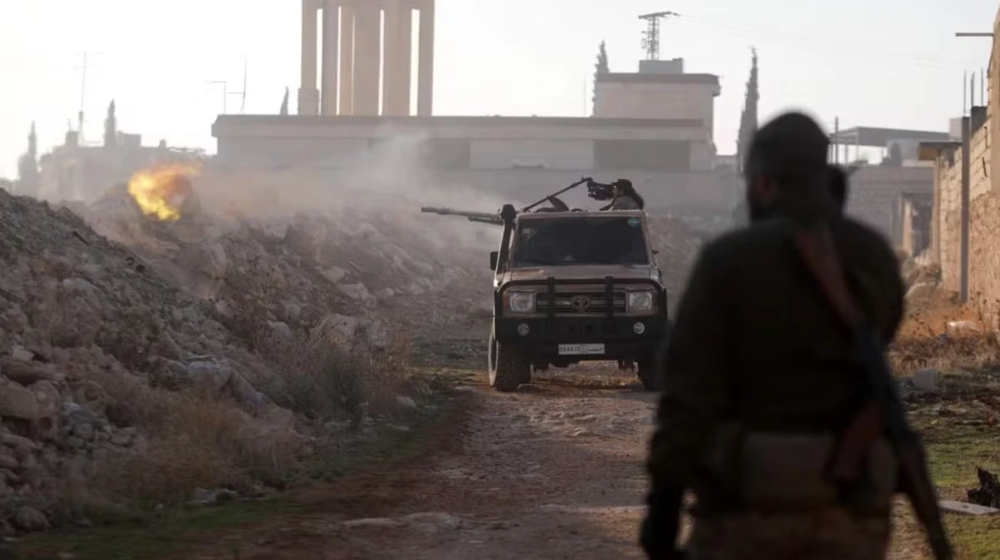
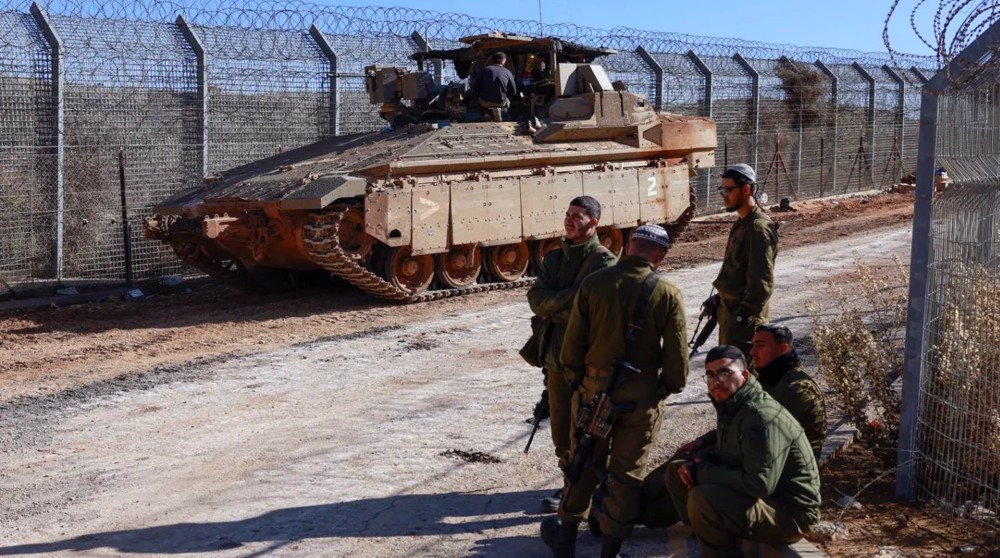
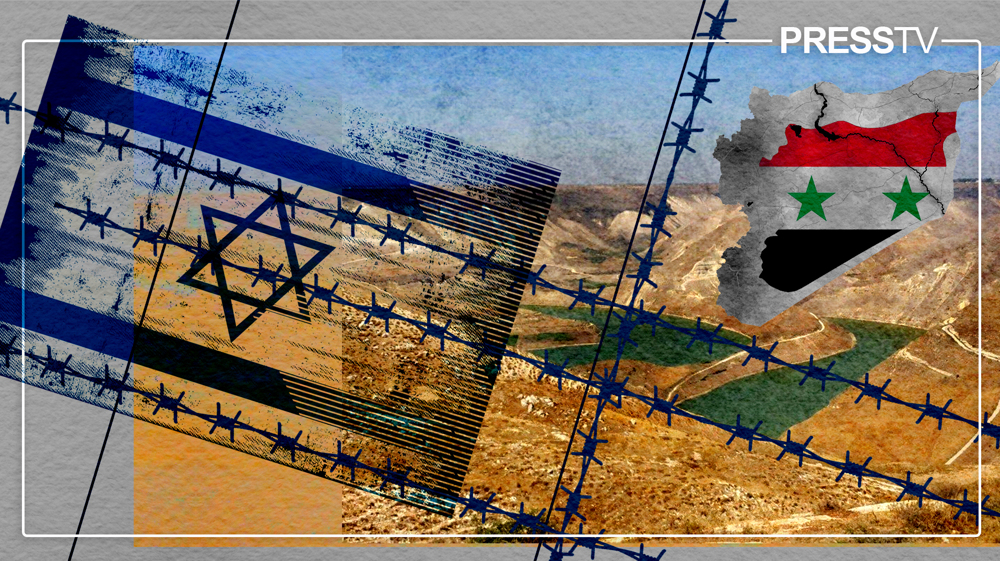



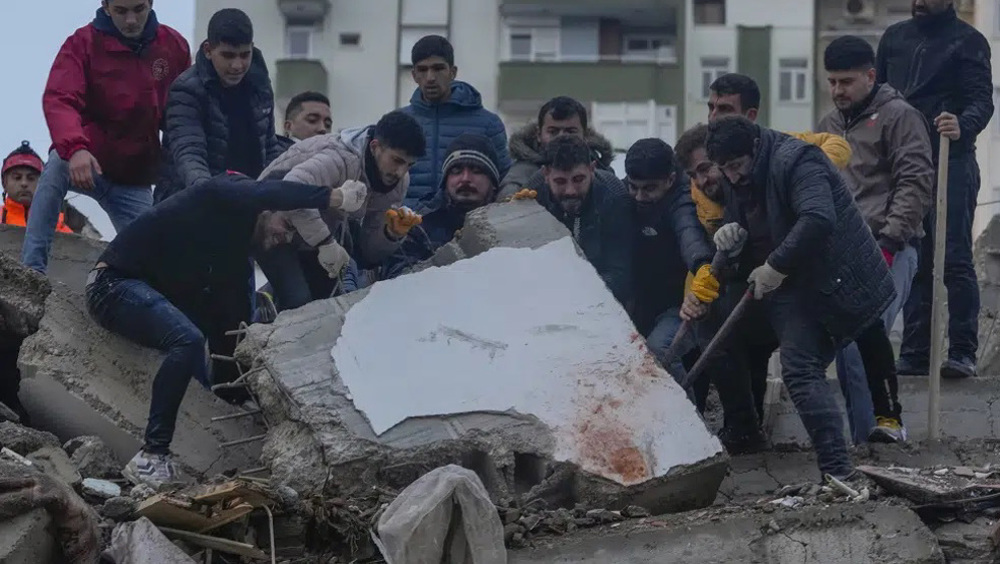
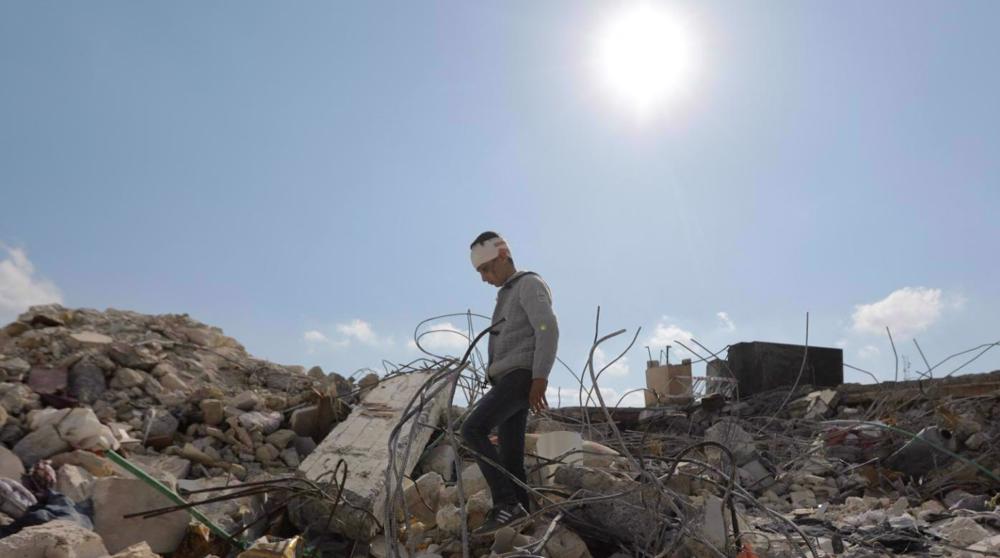
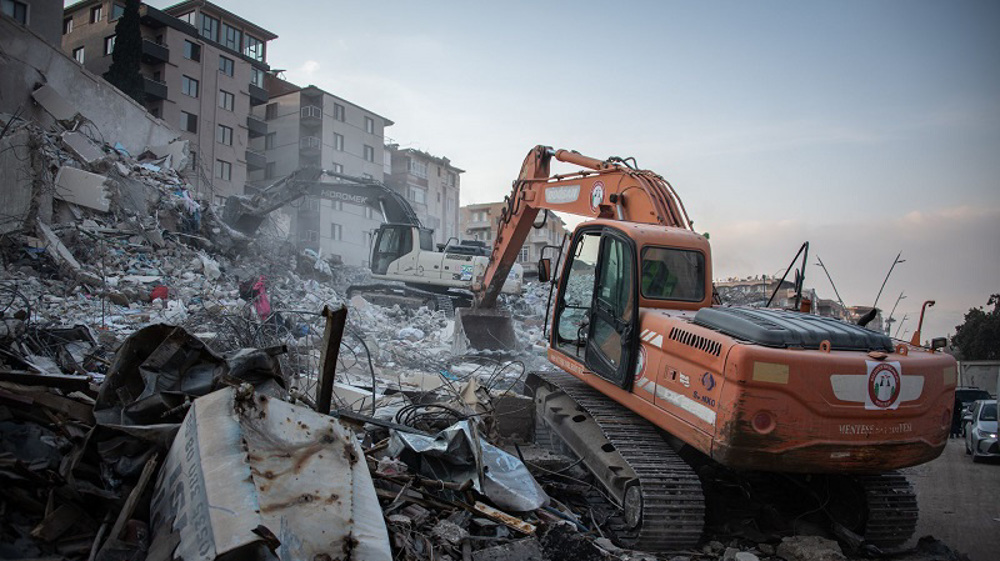

 This makes it easy to access the Press TV website
This makes it easy to access the Press TV website